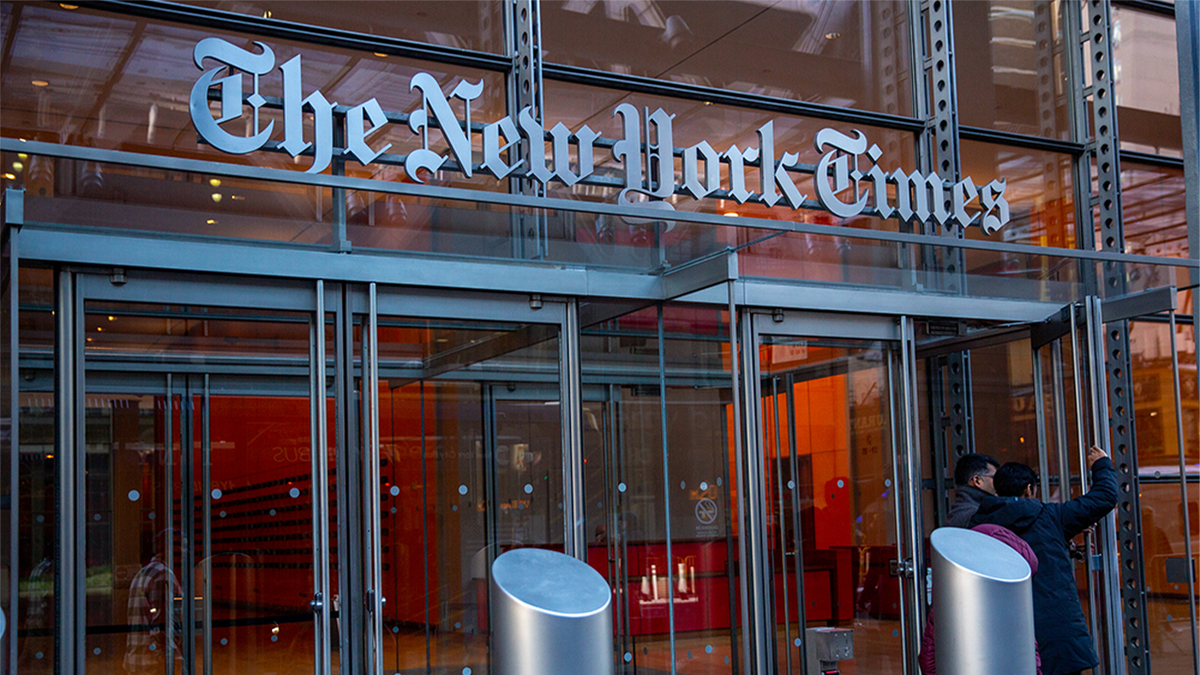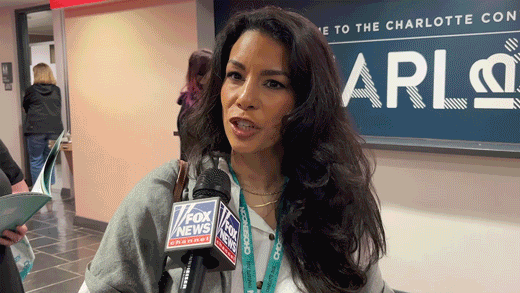Harley-Davidson reverses course on DEI initiatives
Fox News contributor Mary Katharine Ham joined 'Fox & Friends' to discuss her take on the reversal and why the company has decided to 'exclusively' focus on motorcycling.
Just over half a year after Harvard Business School professors published a guest essay in the New York Times saying that D.E.I. works, Stanford professors published a New York Times guest essay of their own admitting it doesn’t.
The contrary pieces appear to suggest that, as time has gone on, not all proponents of leftwing academia are happy with the results of diversity, equity, and inclusivity quotas.
The first headline read: "Critics of D.E.I. Forget That It Works." The second, by contrast, concluded: "D.E.I. Is Not Working on College Campuses. We Need a New Approach."
Where the January guest essay insisted that D.E.I. programs are worth pursuing, the August one admitted that some "are too ideological" and "exacerbate the very problems they intend to solve."

After publishing a guest essay in January by Harvard professors insisting that DEI initiatives are good for institutions, the outlet published an essay by Stanford academics in August that says D.E.I. is "not working." (Bloomberg/Contributor)
The first piece, written by Harvard professors Dr. Caroline Elkins and Dr. Frances Frei – as well as author Anne Morriss – touted the benefits of these D.E.I. initiatives, which are employed by companies, schools, and other institutions to reward or benefit individuals based on their racial and gender identities.
The essay argued, "Inclusion, as we define it, creates the conditions in which everyone can thrive and where our differences as varied, multidimensional people are not only tolerated but also valued. A willingness to pursue the benefits of D.E.I. — the full participation and fair treatment of all team members — renders organizational wholes greater than the sum of their parts."
The Harvard professors urged D.E.I. proponents not to become discouraged at the difficulties that come with pursuing these initiatives.
They wrote, "At a time when some organizations, feeling the politicized ripple effects of affirmative action’s repeal, are at risk of abandoning the objectives of D.E.I., our experiences suggest that to do so is bad for individuals, organizations and American society writ large."
However, former Stanford Law School dean Paul Brest and Stanford associate professor of education and history Emily J. Levine’s guest essay on August 30th said D.E.I. is not working. They argued that better ways of dealing with diverse groups of students should be sought.
FLORIDA STATE UNIVERSITY HAS BEEN SEIZED BY THE DEI BUREAUCRACY

Diversity, equity and inclusion initiatives have been the subject of heated opinions of praise and rebuke. (Adobe Stock)
They wrote "some of these programs most likely serve the important goal of ensuring that all students are valued and engaged participants in their academic communities. But we fear that many other programs are too ideological, exacerbate the very problems they intend to solve and are incompatible with higher education’s longstanding mission of cultivating critical thinking."
The authors recommended a modified approach where, instead of institutions manipulating institutional conditions based on students’ diverse identities, it would give them tips on how to deal with a politically and socially diverse world.
"We propose an alternative: a pluralist-based approach to D.E.I. that would provide students with the self-confidence, mind-sets and skills to engage with challenging social and political issues."
Later on in the essay, Brest and Levine observed that diversity training on campus actually leads to more resentment among groups.
They said, "Rather than correcting stereotypes, diversity training too often reinforces them and breeds resentment, impeding students’ social development. An excessive focus on identity can be just as harmful as the pretense that identity doesn’t matter."
"Overall, these programs may undermine the very groups they seek to aid by instilling a victim mind-set and by pitting students against one another," the scholars added.











































